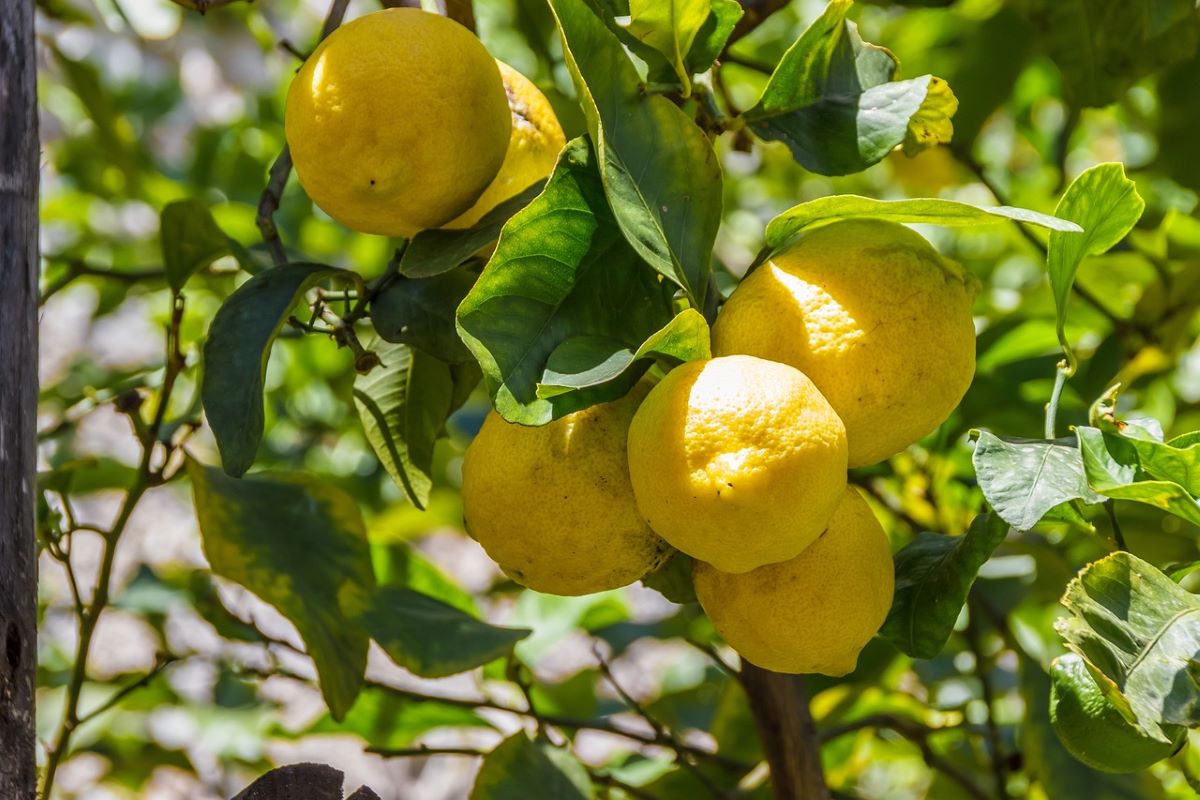
Lemon trees are a beautiful addition to any garden or backyard, and with the right care, they can provide you with fresh, juicy lemons all year round. However, growing lemon trees can be tricky, especially if you’re new to gardening. In this article, we will share some tips for growing lemon trees successfully.
Choose the Right Variety
When it comes to lemon trees, there are many different varieties to choose from. Some of the most popular varieties include Eureka, Meyer, Lisbon, and Ponderosa. When selecting a variety, make sure to consider your climate and growing conditions. For example, if you live in a cooler climate, a Meyer lemon tree may be a better choice, as it is more cold-tolerant than other varieties.
Plant in the Right Location

Lemon trees require a lot of sunlight to grow and produce fruit, so it’s important to plant them in a location that gets at least 6-8 hours of direct sunlight each day. In addition, lemon trees need well-draining soil to thrive, so make sure to plant them in a location with good drainage.
Use the Right Soil
Speaking of soil, using the right type of soil is crucial for the success of your lemon tree. While lemon trees can grow in a variety of soil types, they prefer soil that is slightly acidic, with a pH of around 5.5 to 6.5. Consider using a high-quality veggie mix soil, which contains a blend of compost, peat moss, and other organic materials that provide the right balance of nutrients and moisture retention.
Water Regularly
Lemon trees need consistent moisture to thrive, so it’s important to water them regularly, especially during the growing season. Make sure that you do not overwater them, as this can lead to root rot and other issues. A good rule of thumb is to water deeply once a week and more often during hot, dry weather.
Fertilise Appropriately
Lemon trees need regular fertilisation to grow and produce fruit, but it’s important to use the right type of fertiliser and apply it at the right time. Avoid using pool chemicals or other harsh fertilisers that can damage the tree and harm the environment. Instead, use a high-quality citrus fertiliser that contains the right balance of nutrients, such as nitrogen, phosphorus, and potassium.
Prune Regularly
Pruning is an important part of lemon tree care, as it helps to promote healthy growth and fruit production. Prune your lemon tree regularly to remove dead or diseased branches and to shape the tree for optimal sunlight exposure. Pruning can also help to increase airflow around the tree, which can reduce the risk of pest and disease issues.
Protect Against Pests and Diseases
Like all plants, lemon trees are susceptible to a range of pests and diseases, such as scale, spider mites, and citrus greening. To protect your lemon tree, monitor it regularly for signs of pests or disease, and take action immediately if you notice any issues. Consider using organic pest control methods, such as neem oil or insecticidal soap, rather than harsh chemicals that can harm beneficial insects and other wildlife.
Harvest Your Lemons at the Right Time
Finally, make sure to harvest your lemons at the right time to ensure the best flavour and quality. Lemon trees typically produce fruit in the winter and early spring, but the exact timing can vary depending on the variety and growing conditions. Look for lemons that are fully ripe, with a bright yellow colour and a slight give when squeezed.
All in all, growing lemon trees can be a rewarding and enjoyable experience, but it requires the right care and attention. By following these tips, you can create a thriving lemon tree in your own backyard and enjoy the delicious fruits of your labour.
So why not get started today? Plant your lemon tree in a sunny location, use high-quality soil and fertiliser, and water and prune regularly to ensure healthy growth and fruit production. With a little patience and care, you’ll be able to enjoy the sweet taste of freshly squeezed lemonade made from lemons grown in your own backyard.